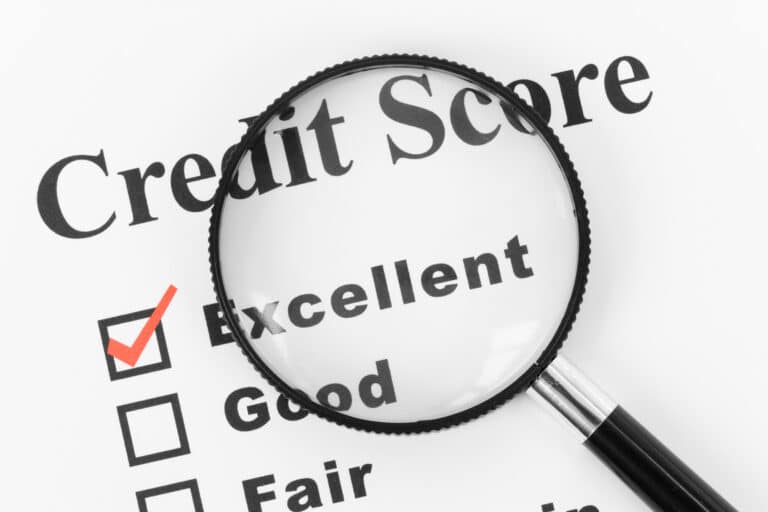
In this article, we will discuss:
When you want to buy a house, there are three reliable ways to raise your credit score quickly:
- Pay down your credit card debts
- Allow friends or family members with excellent credit to add you as an authorized user to their accounts
- Using a credit report re-scorer, you can easily remove errors from your credit report (available only through your mortgage lender)
Better mortgage rates are associated with higher FICO scores.
You’re eager to buy. But you’re worried about getting a good mortgage rate. You’re worried about your credit. And you want to increase your credit score rapidly. True, a better credit score means better loan offers. While some unfavorable events, like missing payments, take months or years to overcome, you may immediately improve your FICO score with a few strategies. Find out the facts. Being proactive early in the process may result in you obtaining the loan and home you desire.
Credit Score Recognition
FICO (Financial Institutions Credit Bureau) scores range from 300 to 850. This figure shows your debt repayment chance. These three major credit agencies’ reports are used to compute your credit score. You get better home loans with a higher credit score.
What impacts your credit score?
Five things determine your FICO score:
- Paying history (35 percent of your score)
- The lower the utilization (30%), the better.
- Longevity of credit (15 percent ) LONGER CREDIT HISTORY
- Credit mashup (10 percent ) Debit cards and other revolving accounts should be avoided.
- Added credit (10 percent ) Fast credit account opening can harm your credit score.
Improve Your Credit Score Instantly
Try these short credit-boosting tips:
Seek advice. AnnualCreditReport.com provides a free copy. Correct any errors that affect your score. Notify the credit bureaus of any mistakes. “Dispute all fraudulent allegations made against you on your credit report immediately,” says Steven Millstein, a Credit Zeal certified credit counselor. If you require errors to be corrected quickly, inquire with your lender about a rapid rescore service. Because rapid re-scorers do not deal directly with consumers, only your mortgage lender can obtain this for you.
Clear your debts. To enhance your credit score, pay down revolving debt. Pay off your debts with your tax refund. Simply substituting credit card debt with a personal loan may be enough to enhance your credit score (installment debt).
Long-term credit score improvement
Pay on time. Consider setting up automatic payments with your lender. Always pay your minimum bill payment on time. Here’s how to develop credit rapidly if you have none. You can increase your credit score by becoming an authorized user on other people’s accounts. You don’t utilize the account. You’ll get credit for its good payment history.
Apply for new credit with caution. Don’t apply for more than three new credit accounts in a single month. The number of inquiries made to your credit report has a significant impact on your credit score. Also, choose merchants who are more likely to approve you. Seek out a secured credit card at your local bank, department store, or gas station.
You can also follow these steps:
Don’t max out your cards. Responsible credit card use can improve credit. Overcharging your credit limit will affect your credit score. Only charge what you can pay off in a month.
Reduce your debt-to-income ratio (DTI). Calculate your DTI by adding all of your expenses and dividing them by your gross monthly income. Say you make $1,500 per month. Assume your monthly expenses total $800. If you divide the former by the latter, you get 53%. Lenders prefer a DTI of 43 percent or less.
How quickly can you expect your score to improve?
If all you need is error correction, you can see an increase in your FICO score in a matter of days (but there is no guarantee that correcting errors will make your score go up). Paying off large amounts of debt — for example, reducing your utilization from 80% to 20% — can also quickly raise your credit score.
However, if your credit report is riddled with late payments, collections, or other serious issues, Gardner estimates that it could take up to a year to improve your score. First, you must demonstrate a consistent payment history.